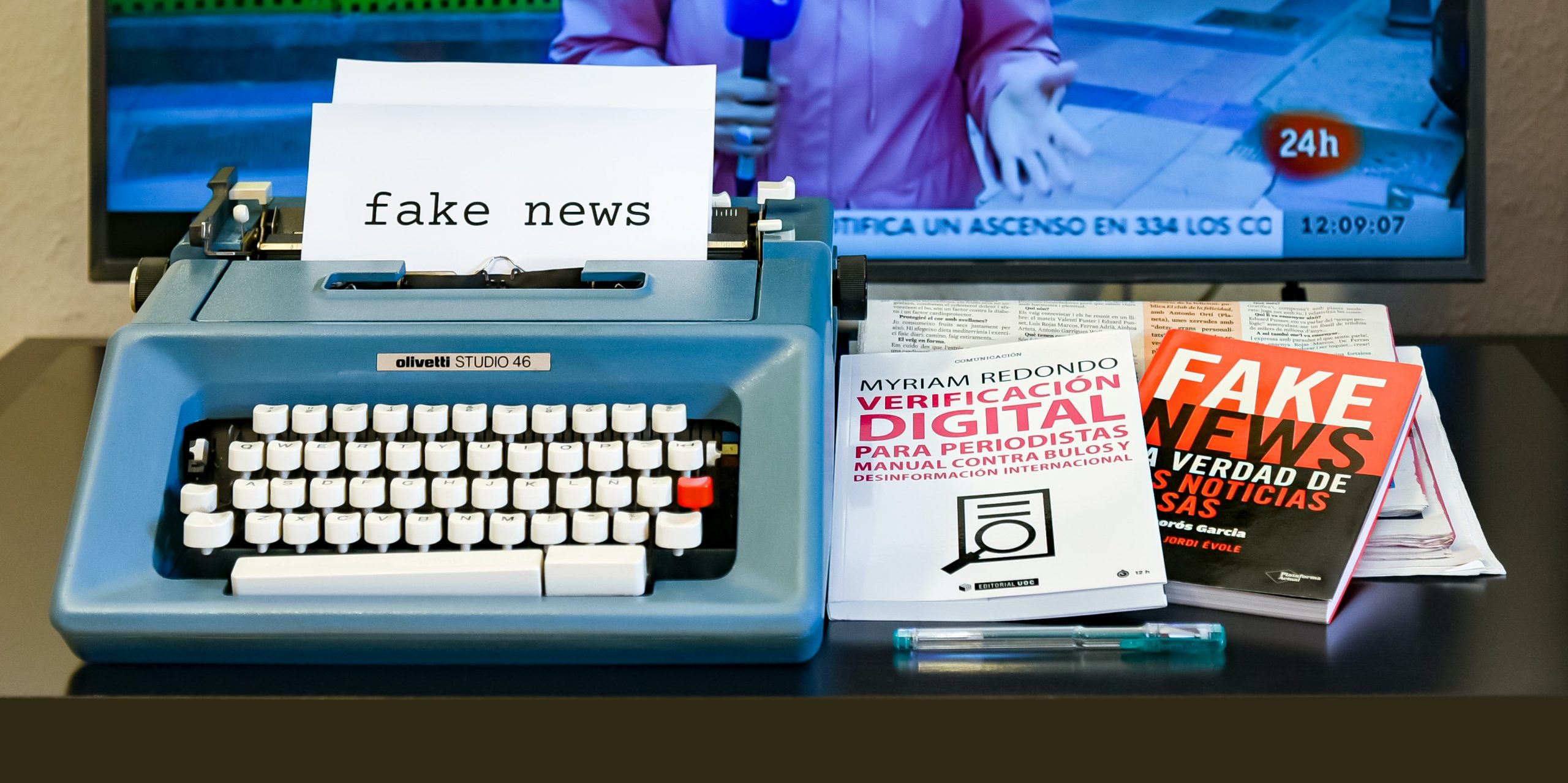- 27 April 2023
- 63
From Conspiracy Theories to Misinformation: How Fake News is Shaping Public Opinion

In today’s digital age, fake news has become an all too common buzzword. From conspiracy theories surrounding world events to misinformation campaigns targeting unsuspecting individuals, it seems that every day brings a new headline about the dangers of fake news. But what exactly is fake news and how does it impact our lives? In this blog post, we’ll take a deep dive into the problem with fake news, explore the role of social media in its spread, and examine just how much influence it can have on shaping public opinion. Get ready for a thought-provoking journey through the murky waters of modern-day journalism!
The Problem with Fake News
Fake news is a phenomenon that has become increasingly prevalent in recent years. It is defined as fabricated information presented as if it were real news, with the intention of deceiving people or spreading propaganda. The problem with fake news lies not only in its potential to mislead individuals but also in its ability to manipulate public opinion.
One of the most significant issues with fake news is that it can be challenging to distinguish from legitimate journalism. With so much content available online, it can be challenging for readers to determine what sources are trustworthy and which ones are not. This confusion allows false stories to spread quickly and gain traction before anyone realizes they’re untrue.
Another issue is that fake news often promotes dangerous or harmful ideas, particularly those related to politics or health. Misinformation about elections, vaccines, or other critical topics can lead people astray and cause them to make decisions based on faulty information.
Ultimately, the problem with fake news boils down to trust – specifically, the erosion of trust between journalists and their audience. As more false stories emerge across social media platforms, people may begin questioning whether anything they read online is true at all. In such an environment where facts are treated like opinions; democracy itself could be endangered by this new form of propaganda disguised as journalism
The Role of Social Media in the Spread of Fake News
Social media platforms have become a breeding ground for the spread of fake news. With the ease and speed at which information can be shared, it is no surprise that misinformation travels faster than truth on social media.
One of the main reasons why fake news spreads so easily on social media is due to algorithmic biases. Social media algorithms are designed to show users content that they are most likely to engage with, based on their past behavior. This means that if someone has interacted with a fake news story before, they are more likely to see similar stories in their feed.
Another factor contributing to the spread of fake news is echo chambers. Social media algorithms also tend to create filter bubbles around users by showing them content that aligns with their existing beliefs and opinions. This creates an environment where users are less likely to encounter opposing viewpoints or fact-checking information.
Misinformation campaigns also play a significant role in spreading fake news on social media. These campaigns involve creating false narratives or amplifying existing ones using bots and other tactics to make them go viral.
While social media companies have taken steps towards combating the spread of fake news, such as flagging posts as potentially false and reducing algorithmic bias, there is still much work left to be done. It ultimately falls upon us as individuals to critically evaluate sources and information before sharing them online.
How Fake News Affects Our Lives
The impact of fake news on our lives is more significant than we may think. Misinformation can cause chaos, confusion, and even danger. It has the potential to change our perceptions, beliefs and opinions on various issues.
One way that fake news affects us is by influencing our decision making. When presented with false information repeatedly, we start believing it as true which leads to wrong decisions being made. We begin acting upon something that isn’t real or factual which can have grave consequences in some cases.
Another area where fake news leaves its mark is social interactions. People tend to take polarizing stances after they read a piece of controversial information without verifying its authenticity first hand. This creates division among people who disagree about certain topics leading to unnecessary conflict.
Moreover, misinformation can also cause severe harm when it comes to health matters – especially during times like pandemics where accurate information could mean life or death for individuals or communities at large.
Fake News has become an increasingly vital issue in today’s world that poses challenges such as undermining public trust in traditional media sources while spreading disinformation online at alarming rates. Understanding how it affects us all will help prevent its spread further by enabling us to stay vigilant against misleading articles and posts circulated across platforms too quickly before proper fact-checking occurs!
Conclusion
Fake news is a major issue in our society today. It has the power to shape public opinion, influence politics and even impact our personal lives. With the increasing use of social media platforms, it has become easier than ever to spread false information and conspiracy theories.
As individuals, it’s important that we take responsibility for what we consume and share online. We must be vigilant in checking the sources of information before sharing or believing them. Social media companies also have a role to play by implementing measures to curb the spread of fake news on their platforms.
Ultimately, addressing this issue requires collective efforts from everyone involved – from individuals to governments and tech companies alike. By doing so, we can ensure that accurate information prevails over misinformation and fake news.

